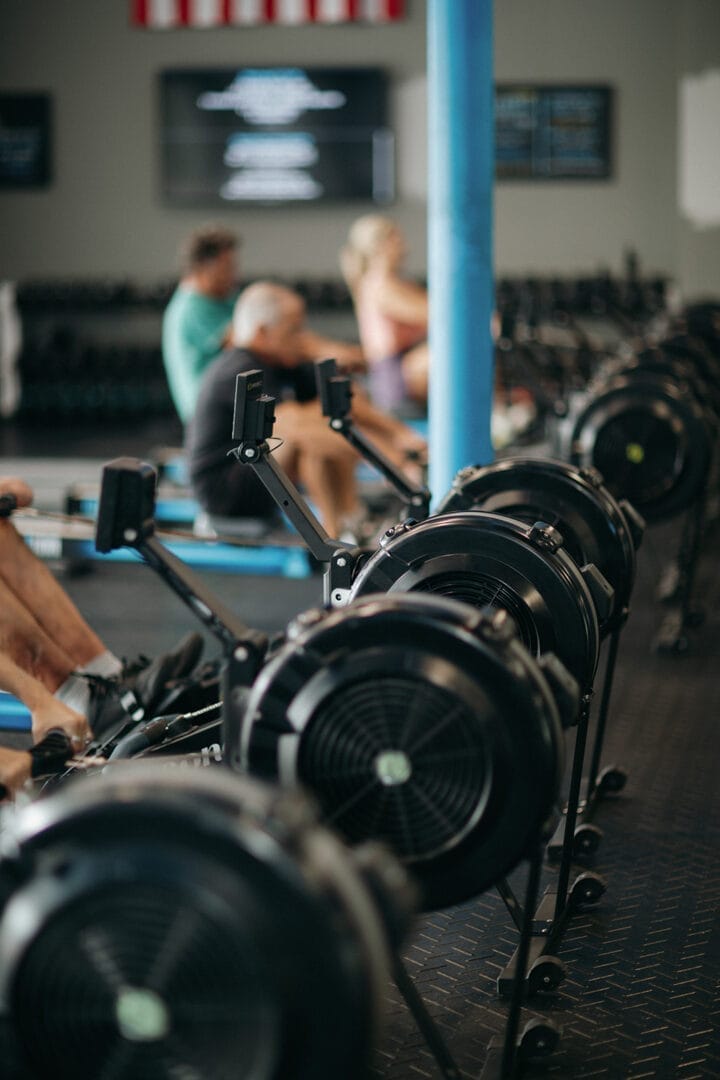We’ve all got way too much going on these days. Today’s lifestyle of 24/7 connectivity seems as if it was specifically designed to wind you up and beat you down. And while there’s ‘good stress’ and ‘bad stress’, your body doesn’t recognize the difference. You simply can only take so much before your ‘stress bucket’ is overflowing and bad things start to happen.
Since most of us can’t just up and quit our jobs and other responsibilities, we need to find other ways to cope. Here’s a short list of things I find helpful:
Meditation – This can be a simple as sitting in quiet space and being mindful of your breathing for a few minutes each day or working on a simple technique like reverse counting.
If that’s not for you, maybe a more high-tech approach would work. Have a look at ‘Headspace’ or ‘Brain.fm.’.
Unplugged walks – Leave the world behind for 45 minutes to get out and take a walk. A little relaxing music is ok, but no calls, emails, Facebook or other social media nonsense.
Social Media Fasts – Did you find the little break above refreshing? Try a 24 hour ‘Social Media Fast’. Turn off the noise for 24 hours. You’ll be surprised how refreshed you’ll feel and how much more you can get done at the same time.
“Forest bathing” – Take that unplugged walk to the woods. Results show that walking in wooded environments can lower cortisol, reduce your pulse rate, and decrease blood pressure. [1] It also promotes greater parasympathetic nerve activity and lowers sympathetic nerve activity versus more urban settings.
Stretching – Static stretching helps activate the body’s parasympathetic nervous system (PNS). The PNS is anabolic and helps the body rest, digest, and recover. The body is designed to spend the majority of its time in the PNS. Ideally, it only uses the SNS for true life-threatening emergencies, (think “fight or flight” situations). Unfortunately, most of us have too many low-level stressors and the SNS is ‘ON’ all the time. This type of stretching has even been shown help to normalize cortisol levels in individuals suffering from PTSD. [2]
Meditating for 10 minutes a day is probably the best bang for your buck activity on the list, everyone should be doing it. After that, I try to rotate through the rest of the list. On Tuesdays, I spend 45 mins or so in the woods on my bike. Sundays and Wednesdays include stretching sessions. Thursdays are my ‘unplugged walk days’ and Saturdays I go for a long hike or bike in woods.
Give it a try!
[1]The physiological effects of Shinrin-yoku (taking in the forest atmosphere or forest bathing): evidence from field experiments in 24 forests across Japan.
[2] PTSD symptom reduction with mindfulness-based stretching and deep breathing exercise: randomized controlled clinical trial of efficacy.
Skip to content

Fill out the form to get started
Take the first step towards getting the results that you want!


